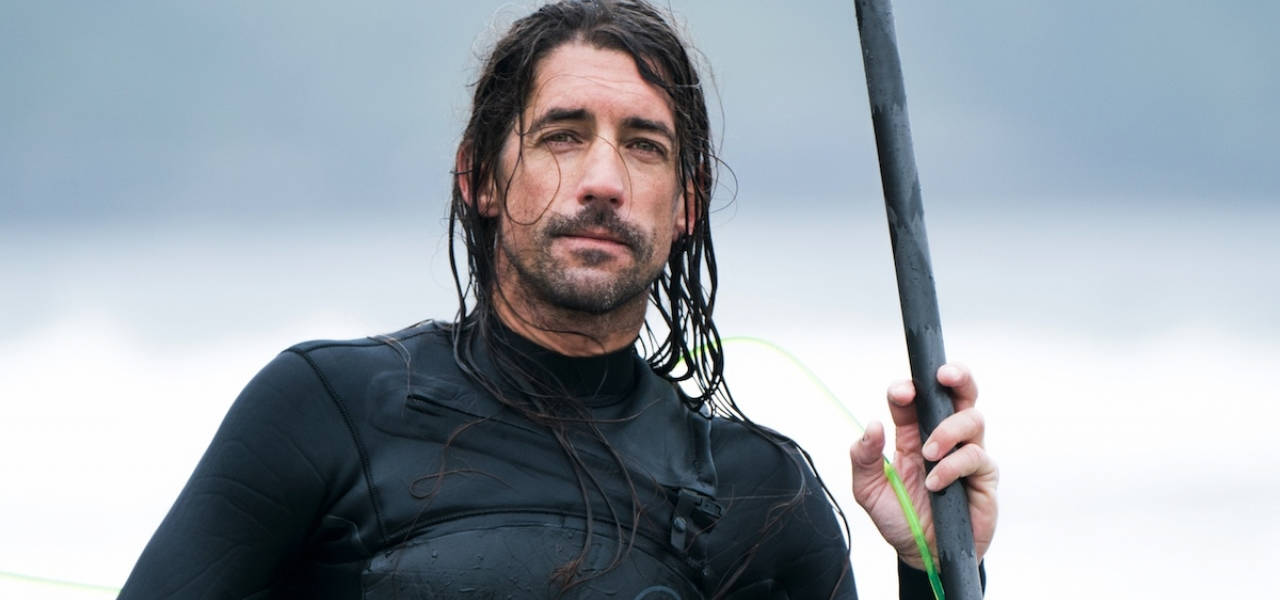by Dan Rubinstein
Special to the Sounder
This story orignally ran in UpHere: https://uphere.ca/issues/januaryfebruary-2020.
Before ships carrying hundreds of passengers started cruising the Northwest Passage, before southerners came up periodically to row or jet ski or snorkel through before men named Franklin and Amundsen sailed over in search of a new trading route, people who lived in communities along the Arctic coast hunted whales and seals from their kayaks. Now, aluminum boats with outboard motors are the vessel of choice for locals, and longer ice-free seasons are attracting a widening stream of waterborne visitors.
One of those visitors arrived in Tuktoyaktuk last July in a pickup truck with Washington plates. The driver was a fit, long-haired, six-foot-tall, 47-year-old named Karl Kruger. He traveled north with a 17-and-a-half-foot stand-up paddleboard (SUP) on top of his truck and an ambitious goal: to become the first person to SUP the Passage.
A few days later, when he was about to push off from shore and begin what would have been a 3,000-kilometre journey from Tuk to Pond Inlet, Nunavut, Kruger hit the pause button. He packed up and drove home. This summer, he’ll try it again with a better read on the ice, a more precise packing list, and food drops arranged along his route—logistics that proved impossible to organize over the phone. It took visiting the North, spending time with locals and standing on the shores of the Arctic Ocean, to learn what he’ll need for the expedition. This summer, he’ll be ready.
Kruger made the Northwest Passage his goal three years ago, after competing in the annual Race to Alaska (R2AK)—an unsupported, non-motorized race from Port Townsend, Washington, to Ketchikan, Alaska. He covered the 1,200 kilometers in 14 days to become the first (and still only) SUP finisher. It was good for 17th place overall in a sailboat-heavy field of 34. The voyage was epic. He surfed a gale across British Columbia’s Johnstone Strait. Humpbacks accompanied him for hours up the Inside Passage. He scooped sea urchin off rocks for snacks and made a restorative pit stop in the Heiltsuk village of Bella Bella.
“To me, a trip like the R2AK or the Northwest Passage is a dose of medicine,” says Kruger, who lives on his boat on Orcas Island, Washington, where he runs a sailing charter business and a carpentry company. “There are no externalities—no phone calls, no email, no paying bills or checking to see how much money is in the bank. There’s nothing except staying alive. That’s easy. That recharges me. Having this on my radar is vastly better for me psychologically and emotionally and spiritually than anything else.”




